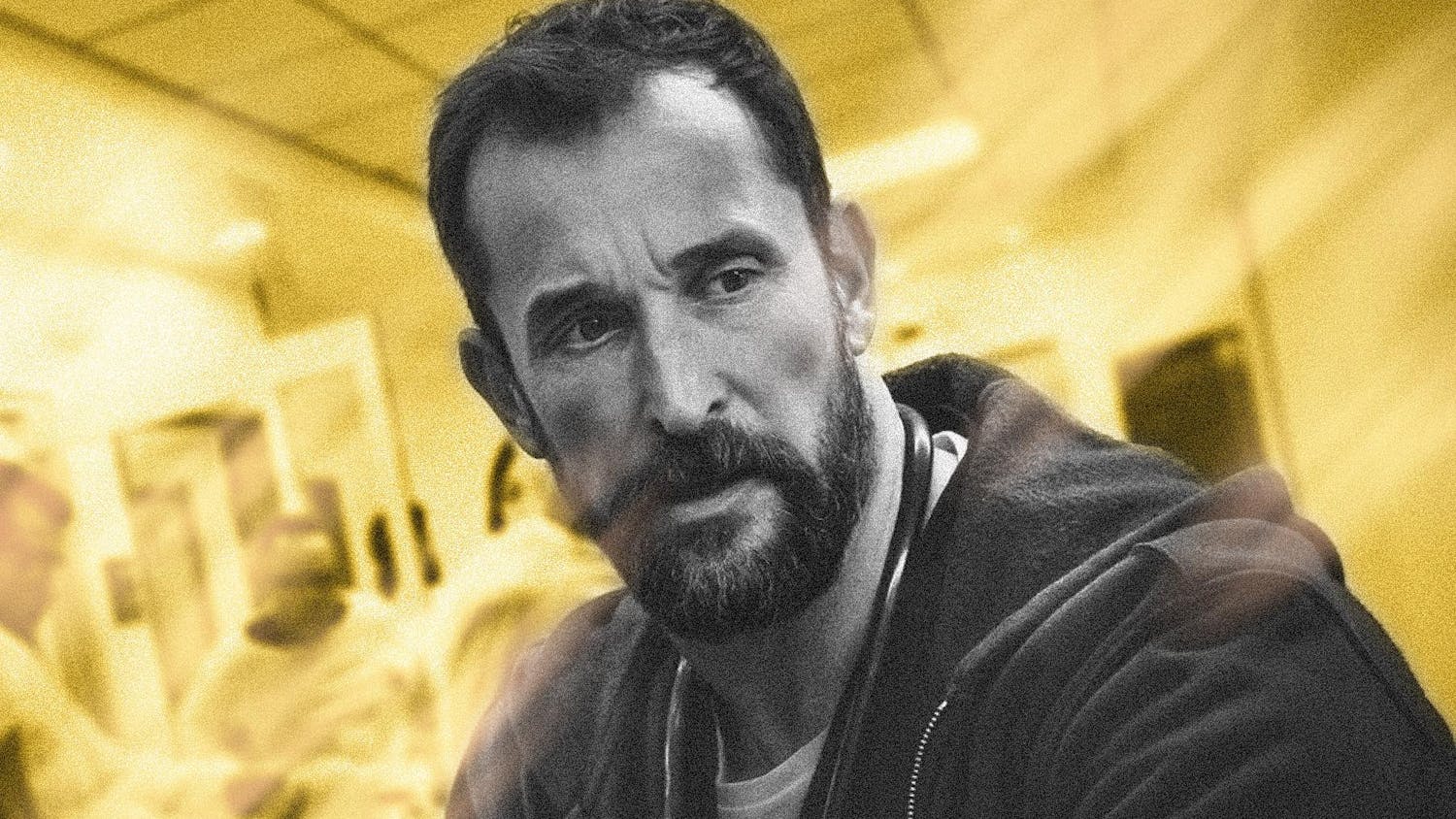The trend of endless movie sequels is by no means a recent one. Ever since the 70s and the birth of summer blockbuster franchises like Jaws or Star Wars, the sequel has been a staple in yearly releases to the joy of some fans and the detriment of others. Indeed, the market dominance of big-budget sequels has always been contentious, with some arguing that they are lazy and unnecessary additions to already completed stories. While the sequel tradition stands strong even today, 2022 has seemingly marked a shift in Hollywood’s mindset, with more and more prequels being released as opposed to straight-up sequels.
“Fantastic Beasts: Secrets of Dumbledore,” “Rings of Power,” “House of the Dragon” and “Obi-Wan” are only a few of the prequels that have already premiered this year, all to great commercial success but mixed fan reception. This is especially interesting as in the past, prequels have not always had the best history, with films like the Star Wars prequels and the Fantastic Beasts movies being widely derided by critics. So why is Hollywood so determined to turn back the clock this year and what could be its consequences for the film industry as a whole?
As always context is necessary, as the last few years saw the ending of some of the most famous and lucrative franchises on film and television: Game of Thrones, Star Wars and the Marvel Infinity saga all ended in 2019 to varying degrees of success. Another important event was the rise of Cinematic universes popularized by the immense success of the Marvel Cinematic Universe (MCU). Suddenly every studio wanted to have their own MCU by investing in their more recognizable IPs, even ones with finished stories like HBO with Game of Thrones and Amazon with the Middle Earth universe. But this doesn’t explain why prequels specifically; why not just expand on preexisting stories?
The advantage that prequels have over sequels is that they are inherently safer for studios to produce because they can distance themselves from the ending of their original works no matter how good or bad they were. The original Star Wars trilogy, for example, was beloved by fans, especially for its ending, so for George Lucas making the prequels was the obvious choice. While they are controversial to this day, they did not affect anyone’s enjoyment of the old movies because they can still be watched without the prequels. When Disney made the sequels, however, they failed to justify continuing a finished story, needing to make retroactive decisions about the characters and plot of the Original Trilogy which “ruined it” in the eyes of many fans.
Another reason why prequels are safe is that they are by nature easier to write than a continuation. Writers must come up with an entirely original story that builds upon previous entries. Prequels, however, have the luxury of already knowing where a story will end. We know that Bilbo is going to find the One Ring and return to the Shire in the Hobbit trilogy because we have seen Lord of the Rings and for those who don’t know, prequels also serve as great entry points for new fans because they don’t rely on the knowledge of previous movie’s events like a sequel.
The COVID-19 pandemic has also undoubtedly influenced Hollywood's current paradigm as studios lost billions in potential revenue with cinemas closed, so investing in what's already popular and familiar to consumers guaranteed to turn a profit rather than betting on something new and untested.
But in the end, prequels contribute to the monopolization of the industry in the same way that sequels do because it seems Hollywood’s money and attention are evermore drawn to the same few brands and universes. When was the last time that an original movie or show has the same garnered popularity or success as a franchise like Marvel or Game of Thrones? The average moviegoer seems to be more and more limited in their options, as every year the same IPs dominate box offices and cinema spaces.
Contact Matheus Herndl at mherndl@nd.edu.









